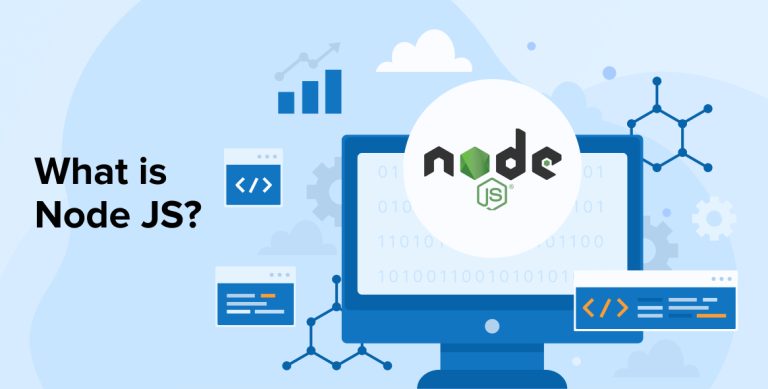0818 Work Insights
Your go-to source for the latest work trends, tips, and advice.
Node.js: Where Coffee Meets Code
Discover how Node.js brews powerful web apps where coffee fuels creativity and code brings ideas to life! Join the journey now!
Understanding the Event-Driven Architecture of Node.js
Event-Driven Architecture is a core concept in Node.js that enables developers to build scalable and efficient applications. In this design pattern, events trigger specific actions, allowing the application to respond dynamically to different conditions without needing to block the main execution thread. This non-blocking I/O model is a vital feature of Node.js, resulting in a lightweight and high-performance architecture. By utilizing the EventEmitter class, developers can create, manage, and respond to events, leading to more organized and maintainable code.
In an event-driven system, instead of having a sequence of commands that execute in a blocking manner, the application listens for events and reacts when they occur. This can include user interactions, API requests, and other asynchronous operations. A great way to understand this concept is through the use of callback functions and promises, which help manage asynchronous workflows effectively. As a result, the event-driven architecture of Node.js not only enhances performance but also makes it easier to handle a large number of concurrent connections, making it an ideal choice for applications requiring real-time data exchange.

Top 10 Libraries and Frameworks to Boost Your Node.js Development
Node.js has revolutionized the way developers build scalable network applications. To enhance your development process, leveraging the right libraries and frameworks is crucial. Below is a curated list of the top 10 libraries and frameworks that can help streamline your Node.js development:
- Express.js - A fast, unopinionated, minimalist web framework for Node.js that provides a robust set of features for building web and mobile applications.
- Koa.js - Created by the makers of Express, Koa aims to be a smaller, more expressive, and more robust foundation for web applications and APIs.
- Socket.io - A library that enables real-time, bidirectional, and event-based communication between web clients and servers.
- NestJS - A progressive Node.js framework for building efficient and scalable server-side applications using TypeScript.
- Hapi.js - A rich framework for building applications and services, known for its great support for input validation, caching, authentication, and more.
- Fastify - A fast and low-overhead web framework designed for building APIs, with a focus on speed and developer experience.
- Ajv - Another JSON schema validator, which helps ensure that your API is receiving correct data formats and structures.
- Sequelize - A promise-based Node.js ORM that provides a simple and easy way to interact with relational databases.
- Mongoose - An ODM (Object Data Modeling) library for MongoDB and Node.js, it provides a schema-based solution to model your application data.
- Jest - A delightful JavaScript testing framework that can be used with Node.js for unit testing, ensuring your code runs as expected.
How to Optimize Performance in Your Node.js Applications
Optimizing performance in your Node.js applications is crucial for ensuring they run efficiently and can handle large volumes of traffic. Start by utilizing asynchronous programming techniques that Node.js is built on. By using callback functions and Promises, you can improve the speed of your application by executing non-blocking I/O operations. Additionally, consider using worker threads or child processes to leverage multi-core systems and enhance performance, especially for CPU-intensive tasks.
Another important aspect of performance optimization is caching. Implementing caching strategies, such as in-memory caching with tools like Redis or utilizing the Node.js built-in HTTP caching, can significantly reduce response times and server load. Furthermore, monitor your application using tools such as New Relic or PM2 to identify bottlenecks in real-time. Keeping your Node.js version and dependencies up-to-date helps maintain performance standards as newer releases often come with optimizations and bug fixes.